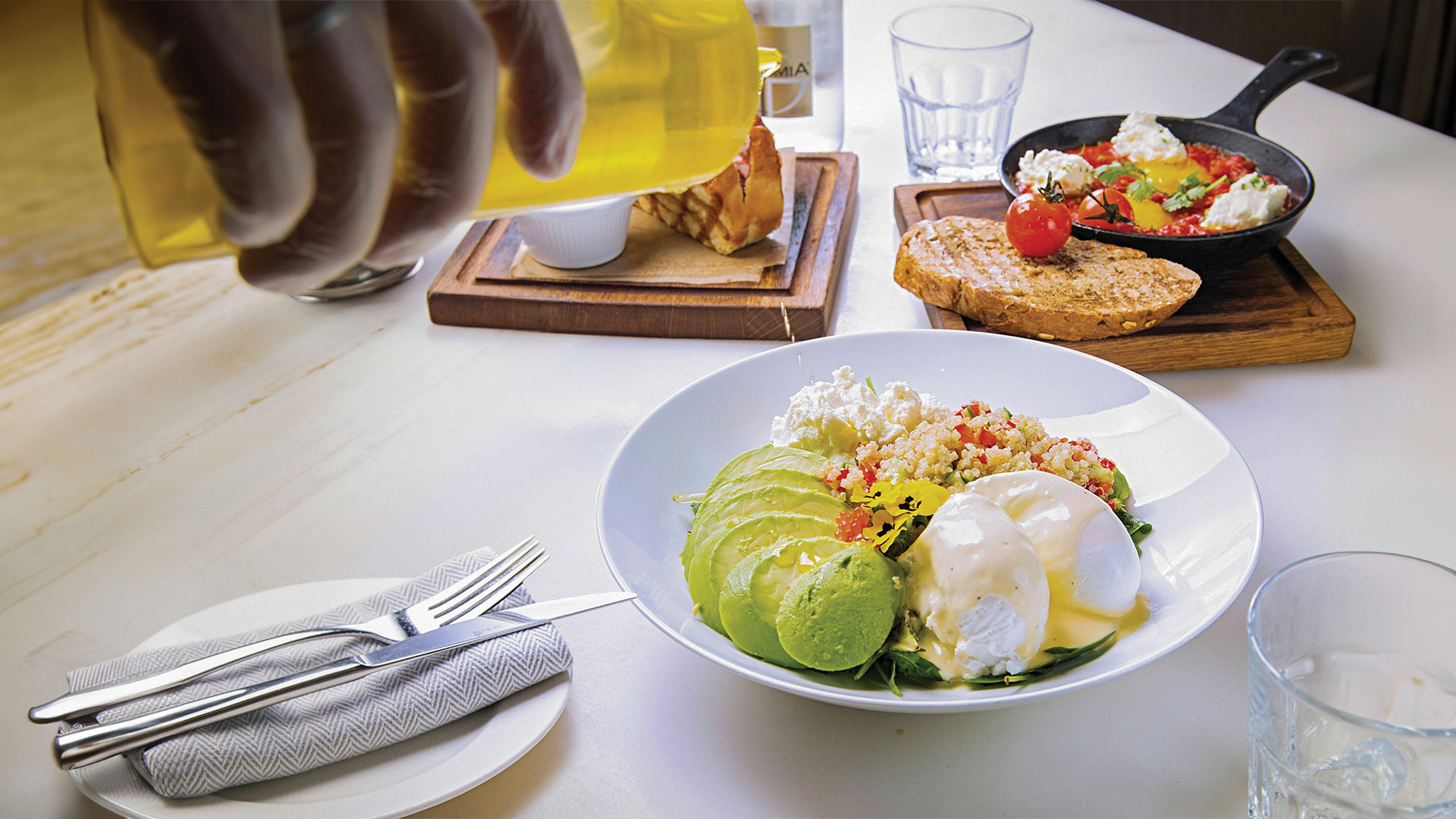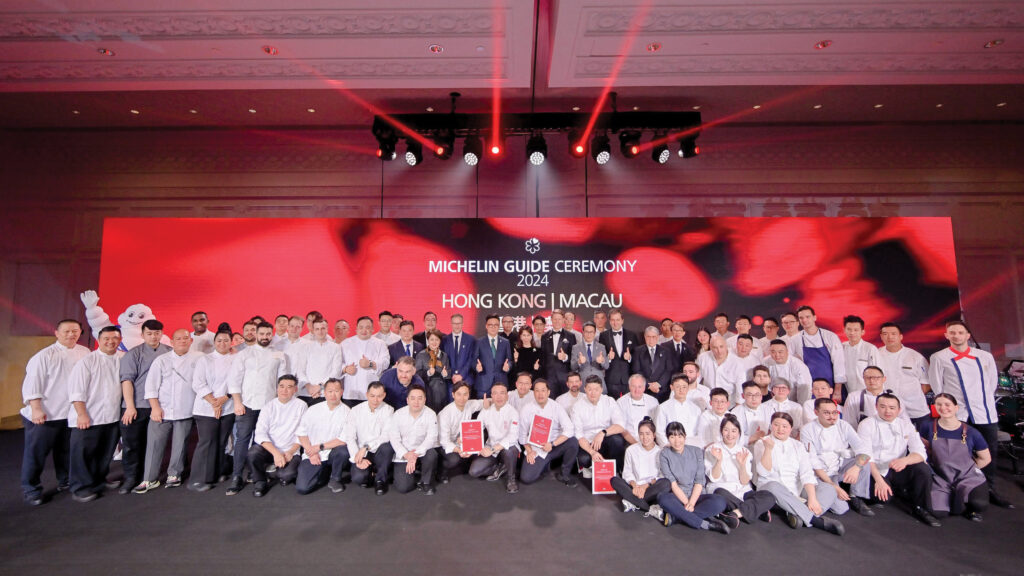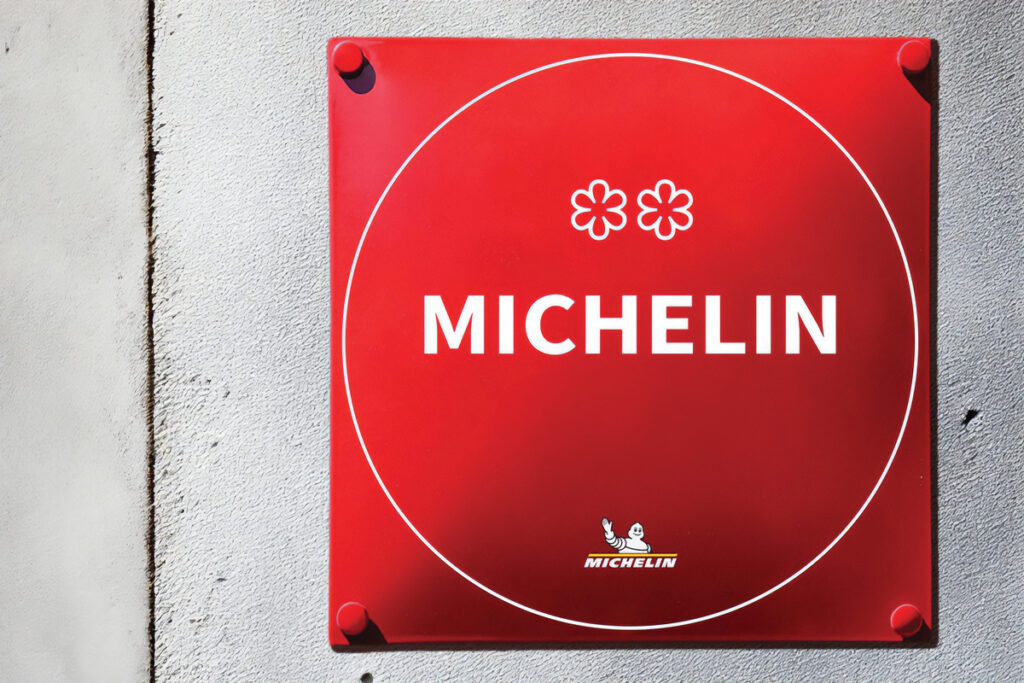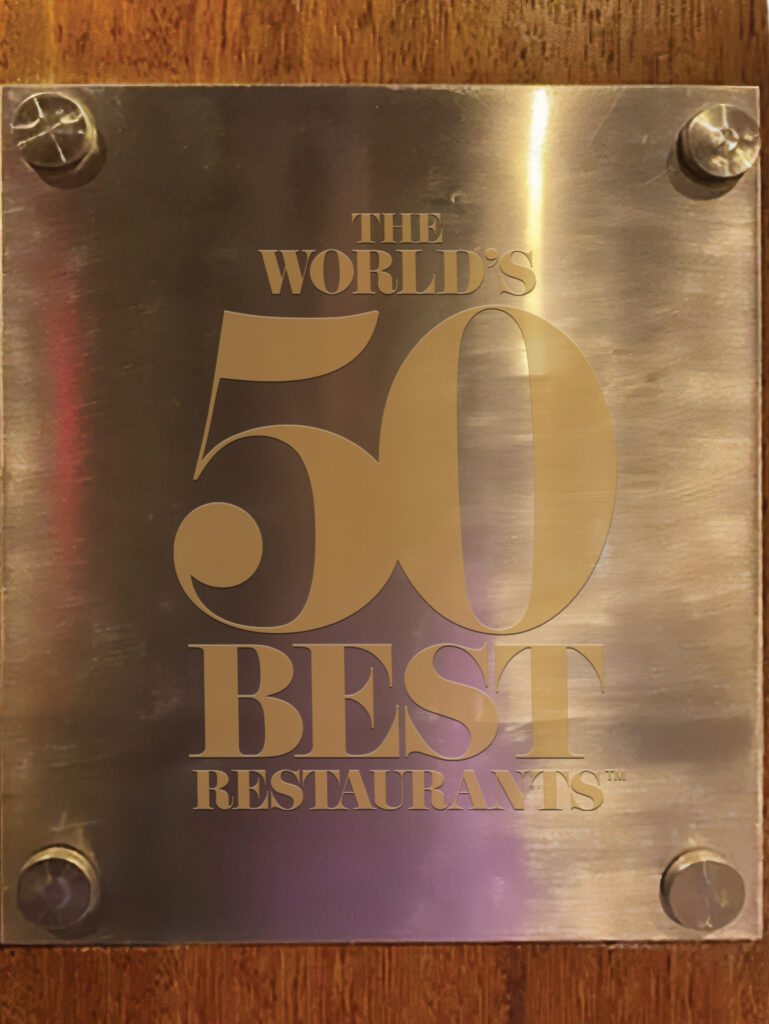
High Table Stakes: Are the number of best restaurant trophies awarded today muddying the chef’s soup?
Chef-humanitarian and 2024 Nobel Peace Prize nominee José Andrés famously defended the relevance of culinary awards, saying: “I love what it’s done elevating the profession.” If chefs are the new rock stars, there’s now a stage for them, their ideas and causes. Certainly, awards for chefs and their restaurants have received greater scrutiny in recent years, since they are now held responsible for wider changes. Any award must, by definition, condense multiple servings of exceptional skill and intricacy into a shortlist consisting of one choice per category, a single No. 1 or ‘Restaurant of the Year.’ For the eating and travelling public, who don’t spend all day (and night) discussing restaurants professionally, these honours are practical distillations.
What began as an evaluation of ‘best’ and excellence has expanded to include more than simply food and service. These days, any organisation that bestows culinary gongs must take responsibility for humanitarian causes and industry trends. Too much wokeness? Maybe. But in these times of instant communication, being overly informed is preferable to not giving any care at all.

More awards mean more chances. Awards are inherently limiting – there are only so many categories to spotlight, so many new names, women and people of colour who can be singled out without sacrificing integrity or lengthening the duration of the gala presentation.
So, is another round of chef awards really necessary? Similar to how there is no one ultimate authority on international film, there is no one body that has exclusive rights dishing out culinary honours, though three of the most well- known worldwide – Michelin, The World’s 50 Best Restaurants and the James Beard Foundation – still live up to the clamour they receive.
Working wonders
Dining awards are a fantastic way to promote a restaurant and raise employee morale. They also bring in new consumers and increase the number of repeat patrons. First off, the press attention for the winners is immense as the awards are advertised in local media, and local and international media will report on the event and publish chef profiles and dining features, which in turn feed the restaurant’s own marketing machine. Awards such as Diners’ Choice by Chope frequently work with influential local and media figures to announce the winners, generating publicity that will benefit the lucky recipients.

Another gain is that it attracts diners outside of the usual clientele. Dining awards target locals who will patronise the restaurant business. Appearing on an awards list ensures more awareness and, for the winners, may result in free entitlements such as email marketing, social media postings and blog articles. For example, each Diners’ Choice restaurant winner in Singapore and Hong Kong is entitled to marketing credits, posts on Facebook and Instagram, and web and app placements to drive traffic into the dining room.
It also brings in tourists. When searching for ‘Best restaurants in (country name)’, one will undoubtedly find a list by a top travel or local publication of enticing places to dine. Many of these listicles are penned by food journalists who want to put a country on the world map, selecting restaurants that have internationally recognised awards.
The buzz beyond
Culinary award-giving bodies not only exist to celebrate excellence in the world of food and dining but also strive to make a positive impact on society. Through their philanthropic initiatives, they aim to address pressing social issues, promote sustainability, foster diversity and inclusion, and encourage responsible practices.
Exhibit A: the Michelin Guide collaborating with StreetSmart to combat homelessness in the UK. Diners at participating restaurants have the option to donate £1, which is added to their bill.
Funds collected through this initiative are then distributed to specialist charities that assist those living on the streets, catering to their basic needs and providing resources, mentoring and skills training. By covering StreetSmart’s operational costs, sponsors ensure that every penny raised directly benefits those in need.

The James Beard Awards in the US, which promote and nurture talent, sustainability and diversity, are another example of awarders extending their remit beyond the plate. The New York-headquartered James Beard Foundation provides scholarships and mentorship programmes to aspiring chefs and food professionals, fostering education and empowering the next generation of culinary talent. It also promotes sustainability by encouraging farm-to-table sourcing and reducing food waste, thereby minimising the industry’s environmental impact. In addition, the James Beard Awards recognise chefs from diverse backgrounds, celebrating their contributions to American cuisine and highlighting the importance of diversity and inclusion in the culinary world.
Launched in 2022 to honour top chefs, restaurants and culinary destinations, the World Culinary Awards aim to encourage culinary tourism, cultural exchange and collaboration among chefs worldwide. Such initiatives not only elevate industry standards but also promote cross-cultural understanding and appreciation for diverse culinary traditions.

Launched in 2022 to honour top chefs, restaurants and culinary destinations, the World Culinary Awards aim to encourage culinary tourism, cultural exchange and collaboration among chefs worldwide. Such initiatives not only elevate industry standards but also promote cross-cultural understanding and appreciation for diverse culinary traditions.
The Good Food Awards, established in 2002 by the UK publication The Good Food Guide, recognises products that achieve a harmonious balance between superior taste and responsible practices. Winners meet rigorous environmental and social responsibility standards, showcasing their commitment to building strong, healthy communities through good food. By honouring craftsmanship, flavour and sustainability, the Good Food Awards inspire consumers to make conscious choices and support businesses that prioritise ethical and sustainable practices.
Food for thought
Awards are fun too – though those chefs whose dreams of earning a Michelin star were crushed this year may not agree. They celebrate the industry as a whole and recognise people who are great at what they do, whether they are actually the best or not.

What does ‘best’ even mean? The 46-year- old baker who makes the freshest bagels every morning in a shop along the Kennedy Town tramway; the 77-year-old owner of an excellent sisig restaurant in Pampanga in the Philippines; and the mother and daughter who have served egg waffles beside the Macau Cathedral since the ’80s, to name just a few, all deserve to be called the best.
As Nobel nominee Chef Andrés would say: “Women are the ones who feed the world. Not big male chefs and not even famous female chefs… but everyday women. If awards become too exclusive, it loses the magic effect. And while we, restaurant chefs, feed the few, at the end of the day, all others who feed the many should be recognised the same.”
Food has the power to bring people together, and by embracing culinary inclusivity, we can create a more diverse and inclusive society. So, let’s celebrate the power of food and use it as a tool to connect, learn, and grow together. And are culinary awards good things? As long as the quest for a medallion does not get in the way of the central job – serving the people.







